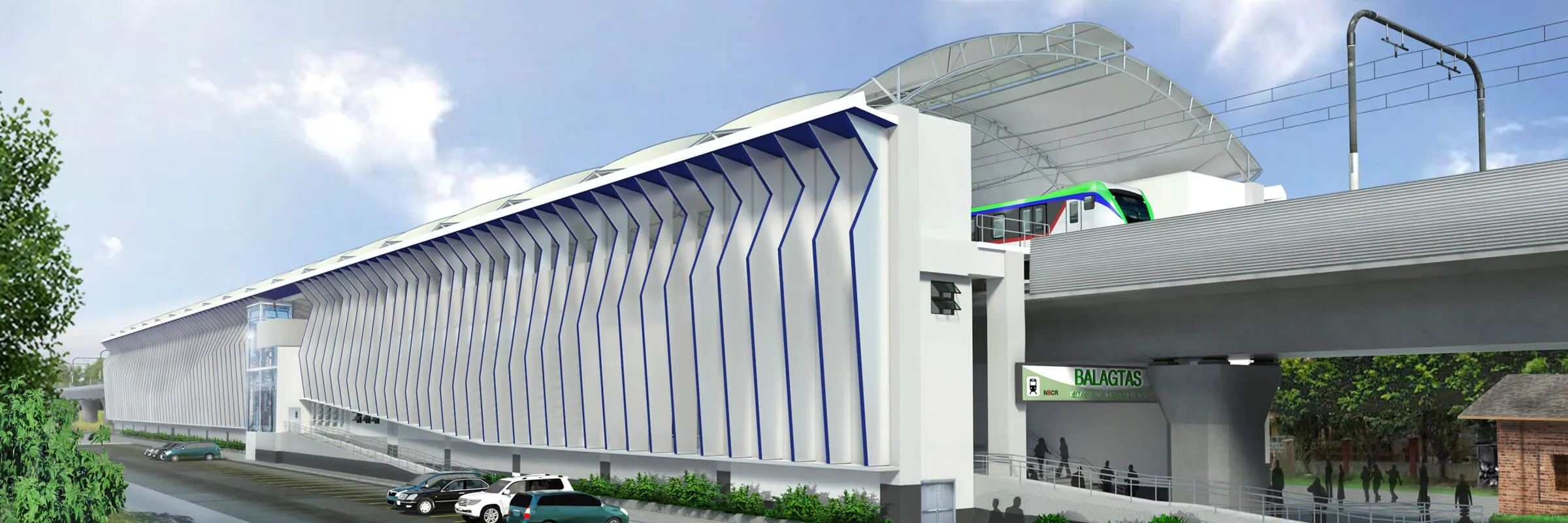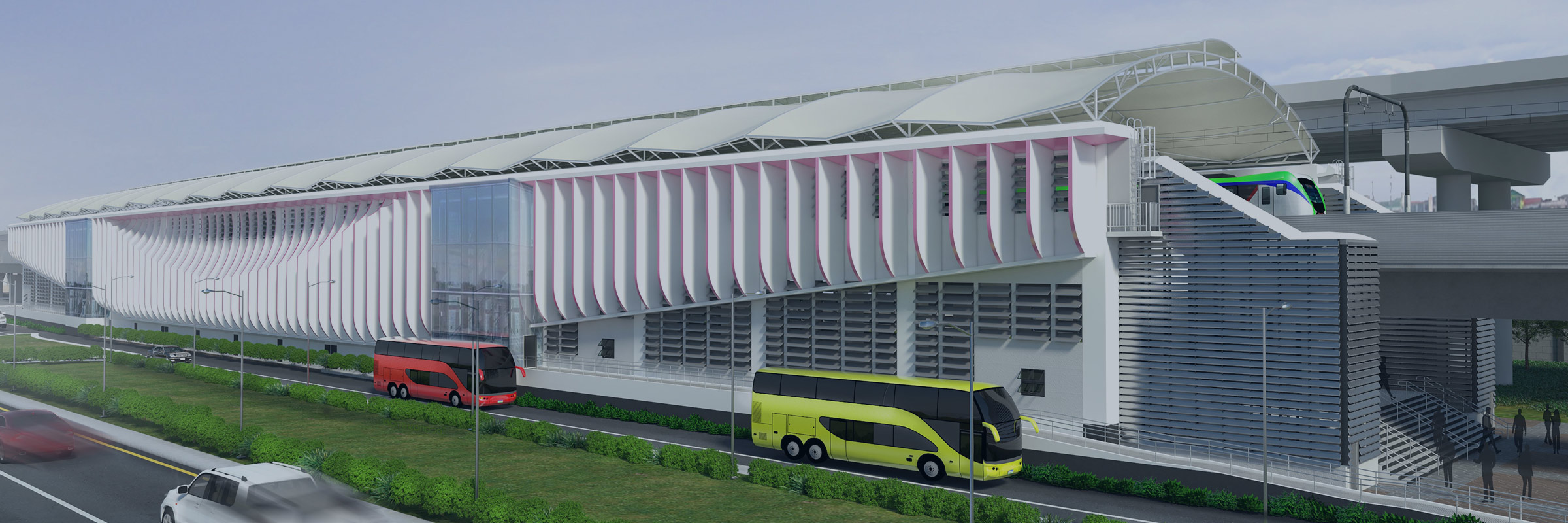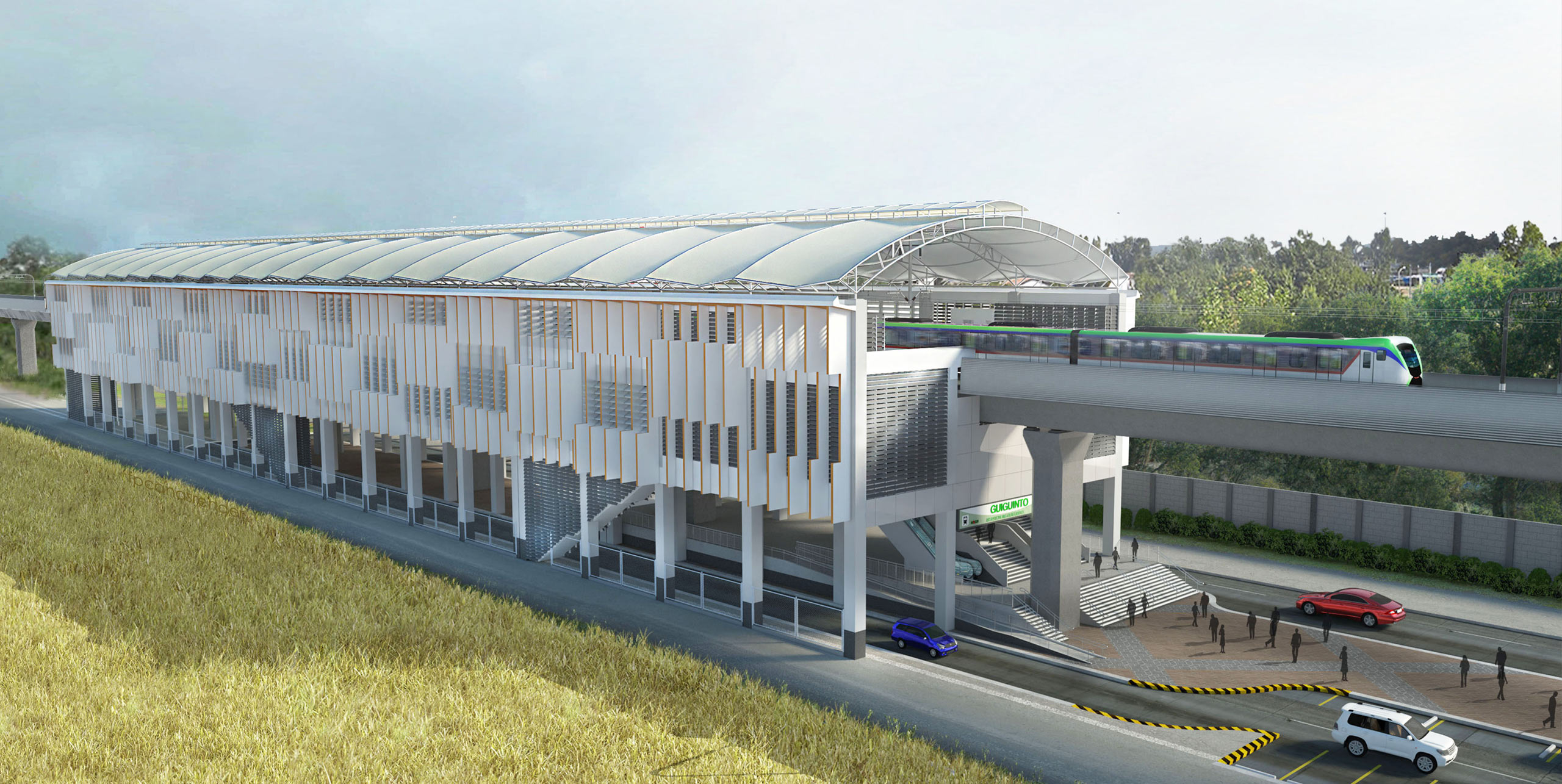Strong project management key to the delivery
“On every project, I have worked on during my time at SMEC, I believe it has always been our strong project management skills, coupled with technical expertise, that have underpinned our success,” says Ric Yuzon Jr, Country Manager SMEC Philippines. “The NSCR project was no exception.”
“SMEC’s project management system provides tailored solutions from concept to completion,” explains Ric. “Project deliverables are always secured by our work verification process aligned with SMEC’s project management system. Project planning is carefully crafted and strategized to suit project needs and, as this project required multidisciplinary coordination to be successful, we knew communication was key.”
Clear and consistent communication laid the tracks for success, with regular interface review and collaboration meetings that kept everyone informed and allowed us to address the design issues effectively. Technical and coordination meetings were used to monitor progress and resolve and mitigate any current or anticipated issues. We also regularly consulted with our client and the asset owner to address concerns and comments immediately, and to both seek and provide clarification on issues in real-time.










